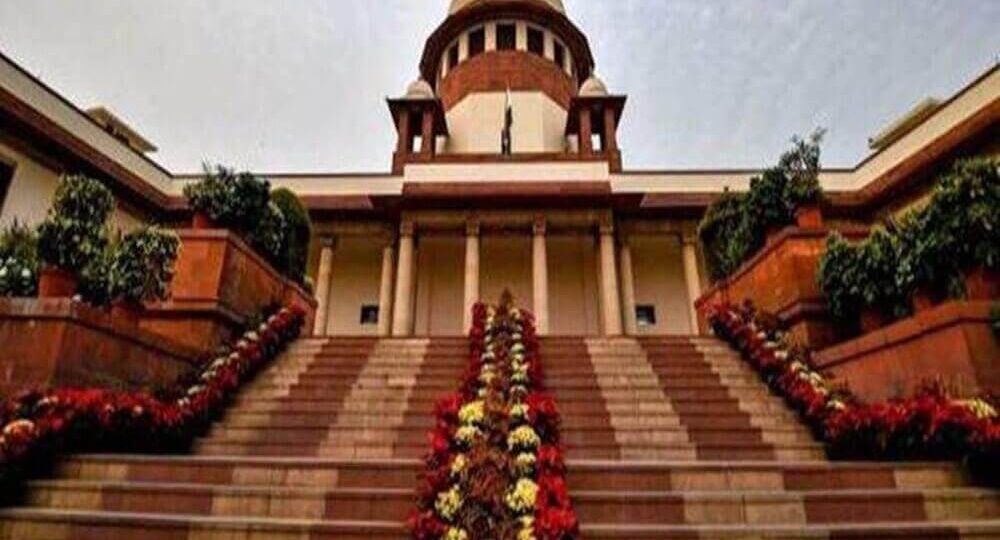The term ‘Arbitration’ refers to a mechanism encouraging the parties to settle their disputes by way of mutual understanding or mediation by a third person. It offers an effective replacement to the long and frequently cumbersome process of judicial adjudication. Its growing popularity paved the
2021
Gender inequality is not a new phenomenon in India. From medieval times, there has been a disparity in the status of men and women. One such example is the ‘Right to Property’. More so, the property rights of women of different religions are distinct. One code of property rights (1956)
It is undisputed that the application of legal provisions and rules are greatly influenced by the existing beliefs and assumptions of a society. With the changing notions of “gender equality” and “neutrality”, comes an immense need to reform several laws and their application to facilitate the much needed ‘progress’ through legal reforms.
Mediation is not a novel concept for India; we heard the concept of Mediation since the Mahabharta period, where Lord Krishna used the method of Meditation at that time for resolving the issues, which arose between Kaurva and Pandava in Hastinapura.
The law of anti-defection in India has a major effect on the lives of the general people as it tries to maintain Parliamentary discipline and decorum to prevent the politicians from exercising unethical tactics like defection.
Prisons, as places used for the detention of prisoners, invite contempt and disdain from the rest of society. Imprisonment is solely for the purpose of deterring and disciplining the inmates and inflicting harsh treatment is considered as a necessary process towards reforming the same.
“Evidence”. ––“Evidence” means and includes ––
(1) all statements which the Court permits or requires to be made before it by witnesses, about matters of fact under inquiry; such statements are called oral evidence;
The constitution duties or the fundamental duties have their roots in the true sense, not in the Constitution of India or the Government of Indian Act 1935. You can even hardly find any record of discussion over it in the constituent assembly. Infact it is just a side product of the culmination of
The Right to Information Act (RTI) is an Indian law that establishes the rules and processes for individuals’ access to information. The Act covers the whole country of India. It includes the administration, legislature, and judiciary, as well as any organisation or entity founded or
In the wake of rapid globalization in consonance with the introduction of futuristic communication technologies, cross-border commerce and investment have made national economies more reliant on each other. A globalized market economy like the one we live in has exacerbated the effects of











